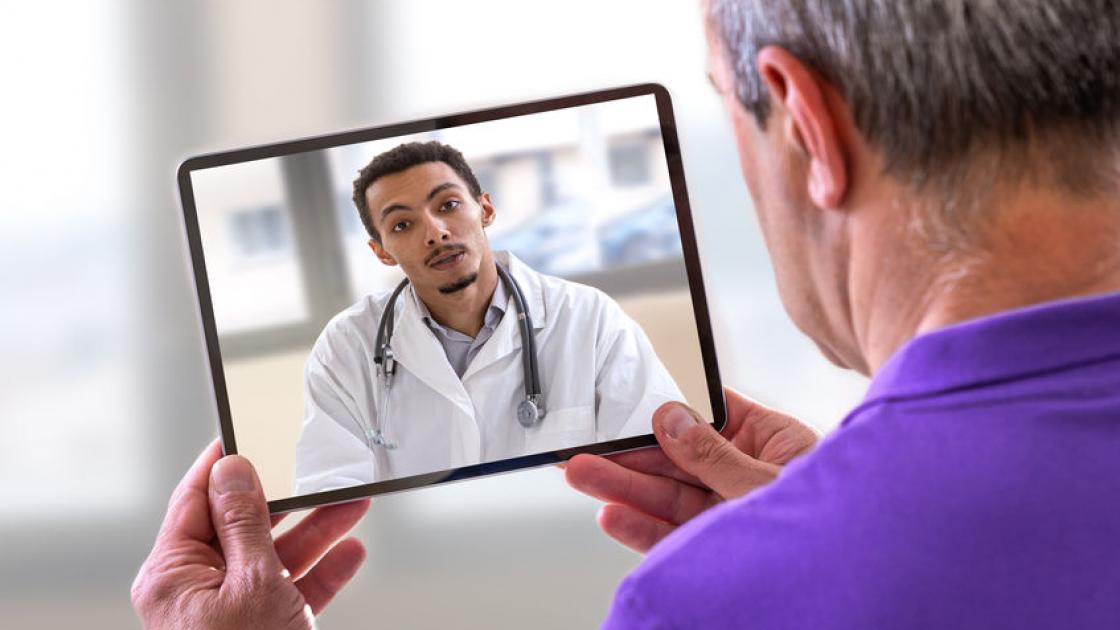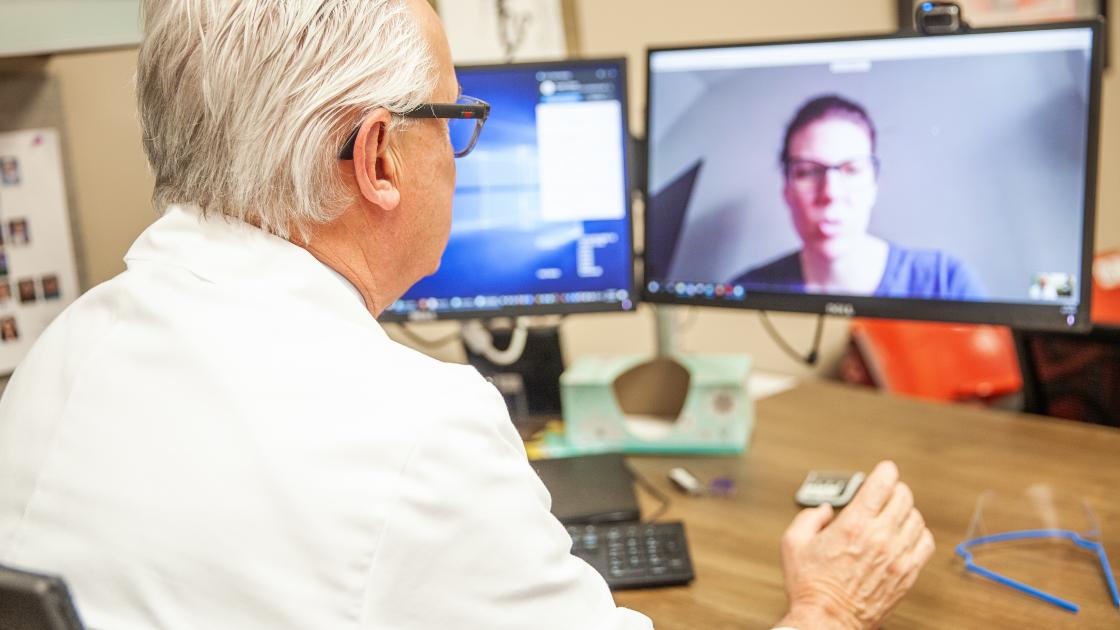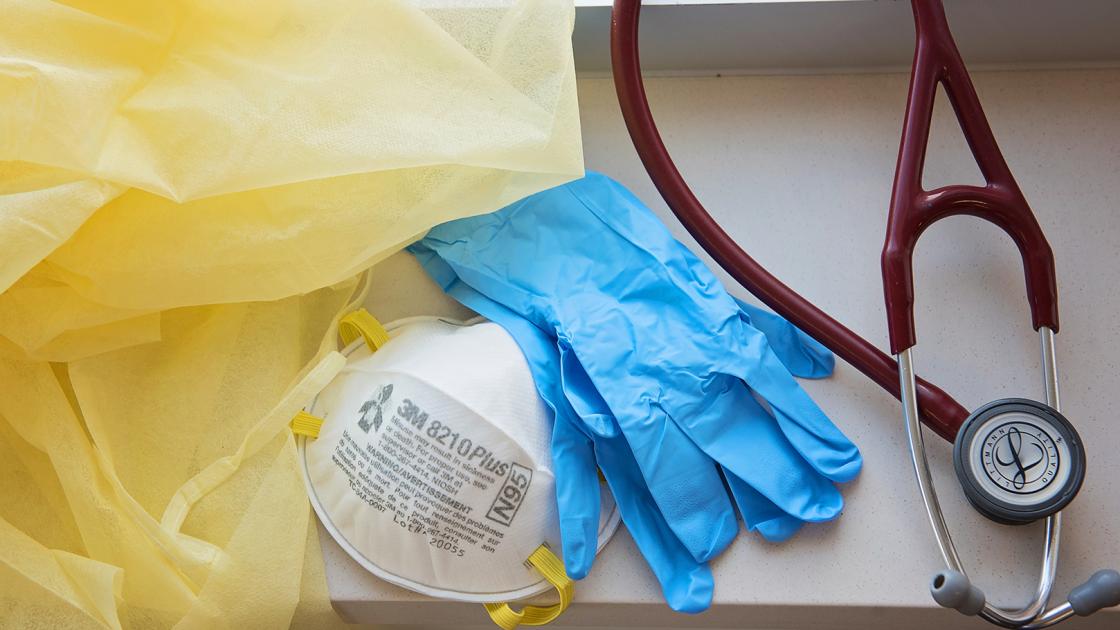Using Mend Telehealth Platform
Video visits (sometimes called Telehealth, Telemedicine, Virtual Care, etc.) allow you to connect with your healthcare provider through a secure video connection rather than in-person.
Telehealth visits are billed the same as an in-person visit. When you agree to participate in a telehealth visit, you are giving SIU Medicine consent to bill your insurance for the visit.
- Medicare patients will be responsible for the same coinsurance and deductible.
- Contact your insurance provider for questions about how much you may owe.
You must be physically located in the state of Illinois during your telehealth visit.
SIU Medicine is using a program called Mend for you to be able to see/hear your provider on your computer, smartphone or tablet.
Your visit is HIPAA-compliant with multiple security standards to ensure that your information is protected.



